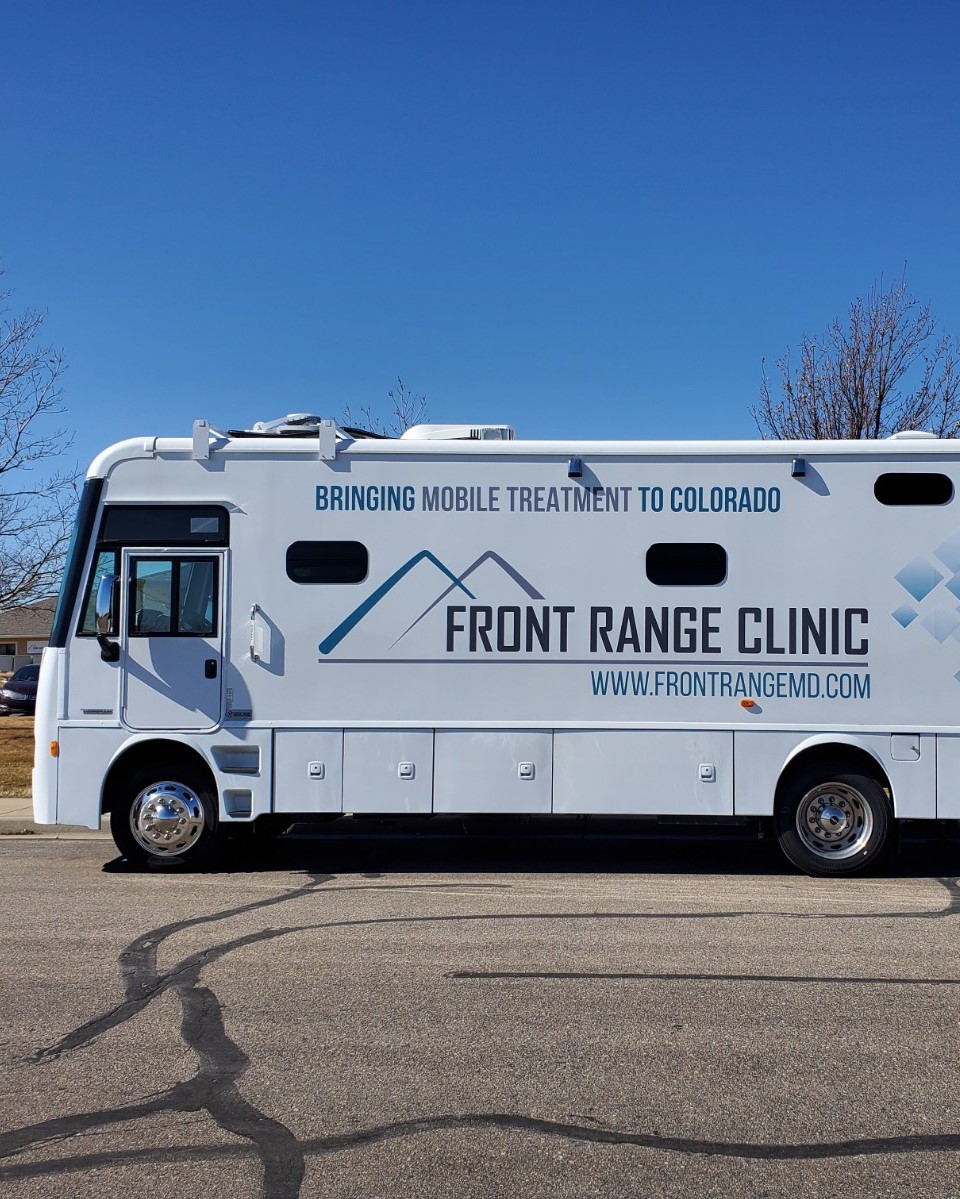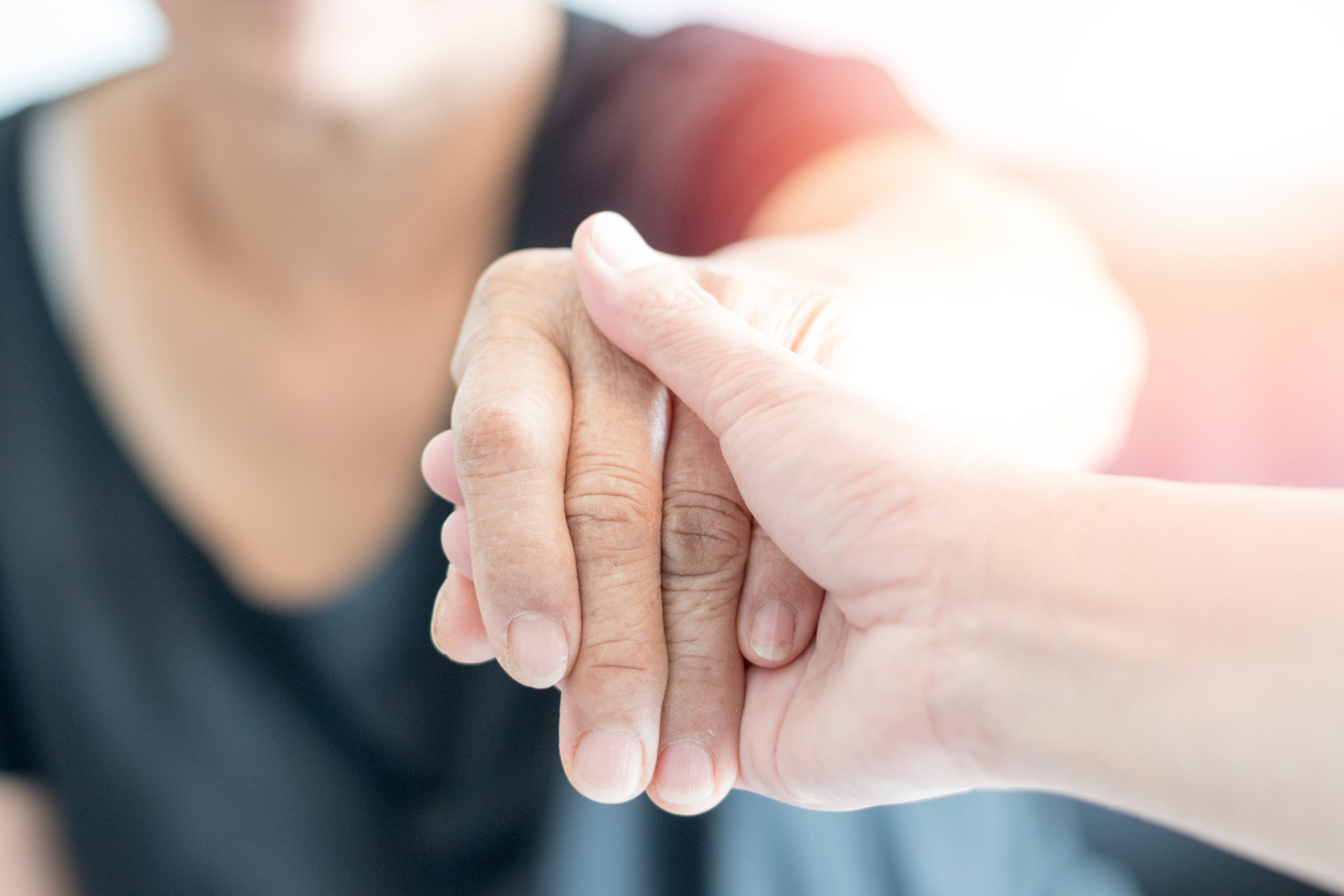Learn More
About The Evaluation Center
The Evaluation Center is located in the School of Education and Human Development at the University of Colorado Denver. The Center operates as a not-for-profit entity with the backing of a major research university and has extensive experience providing program evaluation to a wide variety of clients from schools, non-profit organizations, institutions of higher education, community groups, and government agencies. Committed to equity and the betterment of communities, the Center works collaboratively with its clients to promote evidence-informed programs, practices, and policies by using innovative evaluation processes.
The Evaluation Center is working closely with the Behavioral Health Administration to provide rigorous and effective evaluation services for the SOR grant.
Click on the following program evaluation icons to learn more.
Community Reinforcement Approach
Contingency Management
INDIVIDUAL PLACEMENT & SUPPORT PROGRAM
MOBILE HEALTH UNIT PROGRAM
Mobile Medication for Opioid Use Disorder
PEER NAVIGATOR & RECOVERY COACH PROGRAM
An In-Depth Look
SOR Program Evaluations
Community Reinforcement and Family Training
The Community Reinforcement and Family Training (CRAFT) program brings together family members and friends of people with a substance use disorder (SUD) once per week for 10-12 weeks. During the sessions, a trained CRAFT facilitator guides participants through strategies that may increase positive interactions with their loved one who is struggling with a SUD. The participants are encouraged to connect with each other and share their challenges and successes as they navigate their relationships with their loved ones. The program focuses on increasing participants’ well-being regardless of their loved one’s SUD or treatment outcomes. The CRAFT curriculum aims to provide participants with the skills and confidence to re-establish or improve their relationships, including fostering one that encourages treatment entry or maintenance. CRAFT programming is facilitated through more than 25 organizations across the state including at SUD treatment and recovery centers, recovery coach agencies, and community-based non-profit organizations.
Click here to view the 2022-2023 Annual CRAFT Report.


Contingency Management Approach
Contingency Management (CM) is an evidence-based practice for psychostimulant use disorder. CM provides payments to incentivize individuals to stay in treatment and recovery. CM has demonstrated success over 30 years of research with a range of genders, ages, races, ethnicities and special populations, and has shown improvement in treatment, retention, and recovery. The SOR grant supports an evaluation of the CM treatment program that will include formative and summative evaluation methods. During the first program year, the evaluation will focus on the successes and challenges of implementing CM services.
Individual Placement and Support Program
IPS is an evidence-based practice, helping people with disabilities self-identify their employment and education interests and goals. Within the SOR grant, the IPS program is being adapted for use with individuals in recovery. Among other supports, Employment Specialists work with local employers to help individuals rapidly secure part– or full-time jobs of their choice. The SOR grant supports five IPS programs, which are situated in treatment centers located in Denver, Fort Collins, Littleton, Longmont, and Pueblo. The evaluation includes both formative and summative methods. It is focused on client satisfaction, client impacts, the integration of the program within the clinical agency, and the programs’ strengths and challenges.
Click here to view the 2022-2023 Annual IPS Report.


Mobile Health Unit Program
In 2019, the Mobile Health Unit (MHU) program was established to improve access to medication for opioid use disorder (MOUD) in remote and underserved areas of Colorado as part of the state’s response to the opioid crisis. The project funded the purchase and build-out of six mobile health units that are operated by three medical providers or behavioral health clinics. The mobile health units are highly customized 35-foot recreational vehicles that serve as mobile clinic offices. The clinical staff drive the MHUs to designated locations in remote or underserved communities and provide services to scheduled or walk-in clients at a consistent time each week. The program brings MOUD services to communities where these services are not otherwise available. The program is intended to reduce barriers to treatment access by expanding the reach of community health organizations and contributing to the availability of local services. The evaluation is guided by the RE-AIM Framework which is used in the public health field to provide a comprehensive approach to planning, implementing, and evaluating the effectiveness of public health programs. The Evaluation Center team produces an annual report on program reach (improvements in access to care shown through locations of clients served), effectiveness (client satisfaction, improvements in access to care and client engagement in treatment), and implementation (facilitators and challenges to program implementation and solutions). The evaluation team has also explored costs associated with operating the MHUs, MHU community partnerships and outreach, client engagement and retention to treatment and factors related to program implementation and sustainability. For more information and to find a unit near you, visit mobiletreatmentco.org.
Click here to view the 2022-2023 Annual MHU Report.
Mobile Medication for Opioid Use Disorder
With SOR III, the Mobile Health Unit Program will be expanded with the addition of at least two Mobile Health Units that will specialize in delivering MOUD (particularly methadone) to underserved areas in the state. The units are currently being manufactured. We will be developing the evaluation plan in 2023. We anticipate aligning evaluation approaches and tools with the existing Mobile Health Unit Program.
Click here to view the 2022-2023 Annual Mobile MOUD Report.


Peer Navigator and Recovery Coach Program
The peer navigator program employs peer recovery coaches to refer individuals with SUD to MAT and other necessary treatment services. Recovery coaches work with clients with whom they share lived experience. Some of the coaches focus efforts on clients in the criminal justice system. Coaches assist clients in developing coping strategies, help individuals engage in treatment, and provide referrals to community supports. The evaluation includes both formative and summative methods, and is focused on measuring access to services via recovery coaches, rates of referral to treatment, improved client/provider relationships, recovery coach satisfaction with their role and work, and client engagement with care and treatment. The evaluation team uses a mixed methods approach, relying primarily on qualitative methodologies, utilizing interviews, observations, and focus groups.
Click here to view the 2022-2023 Annual Peers Report.
Get In Touch
Have questions?
Contact The Evaluation Center at the University of Colorado Denver
720-576-8385
